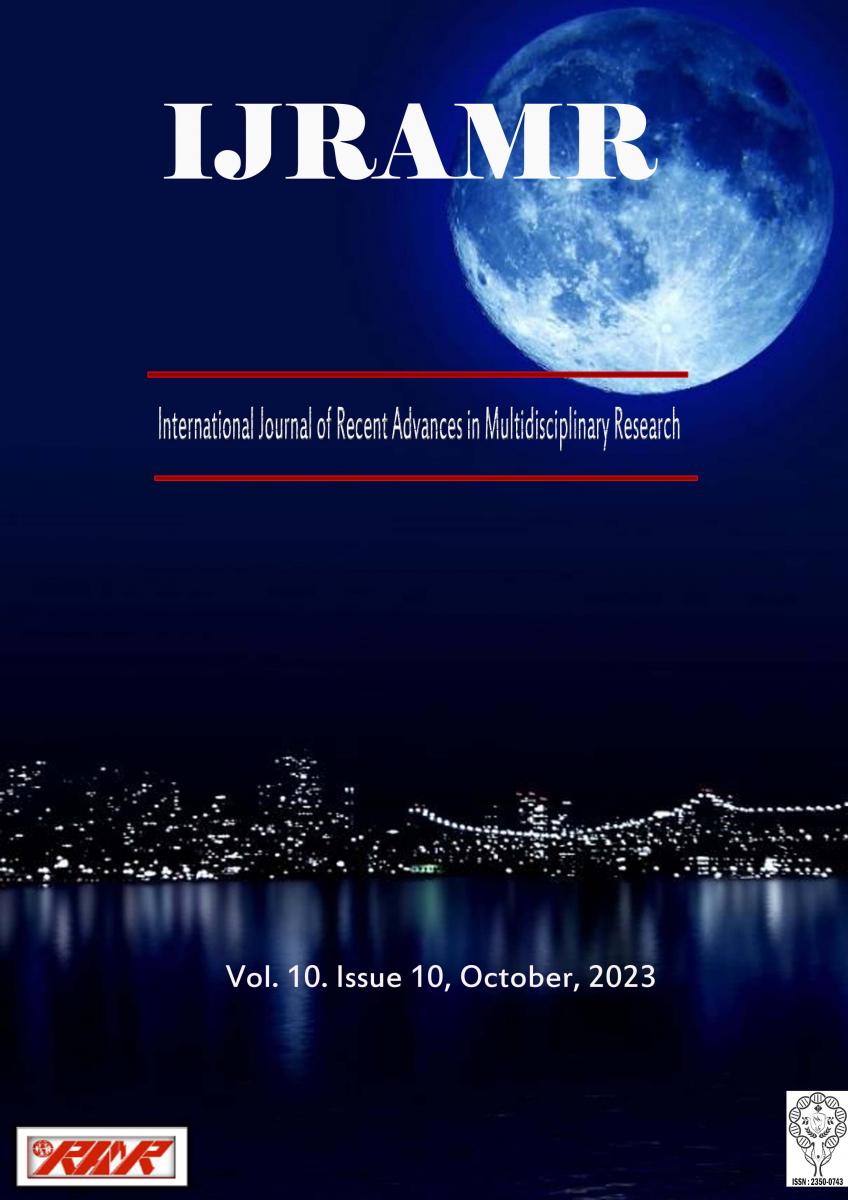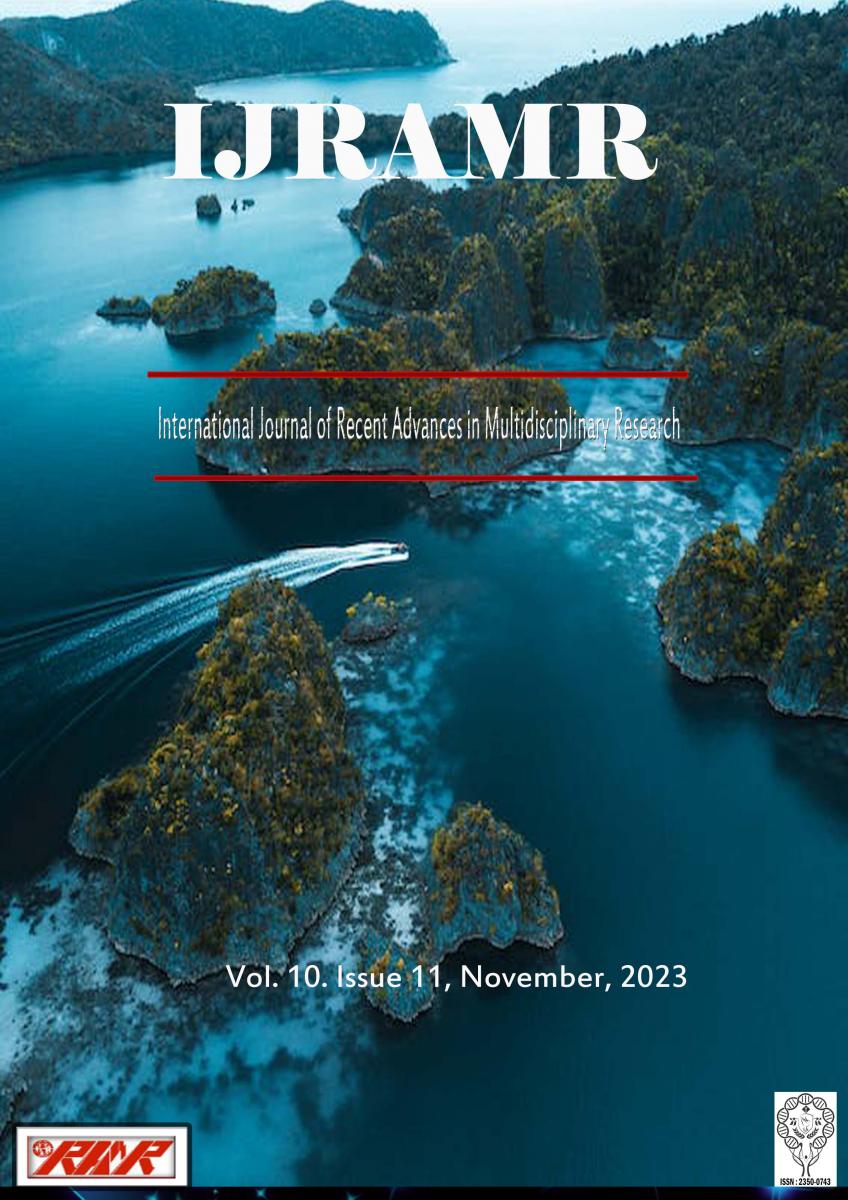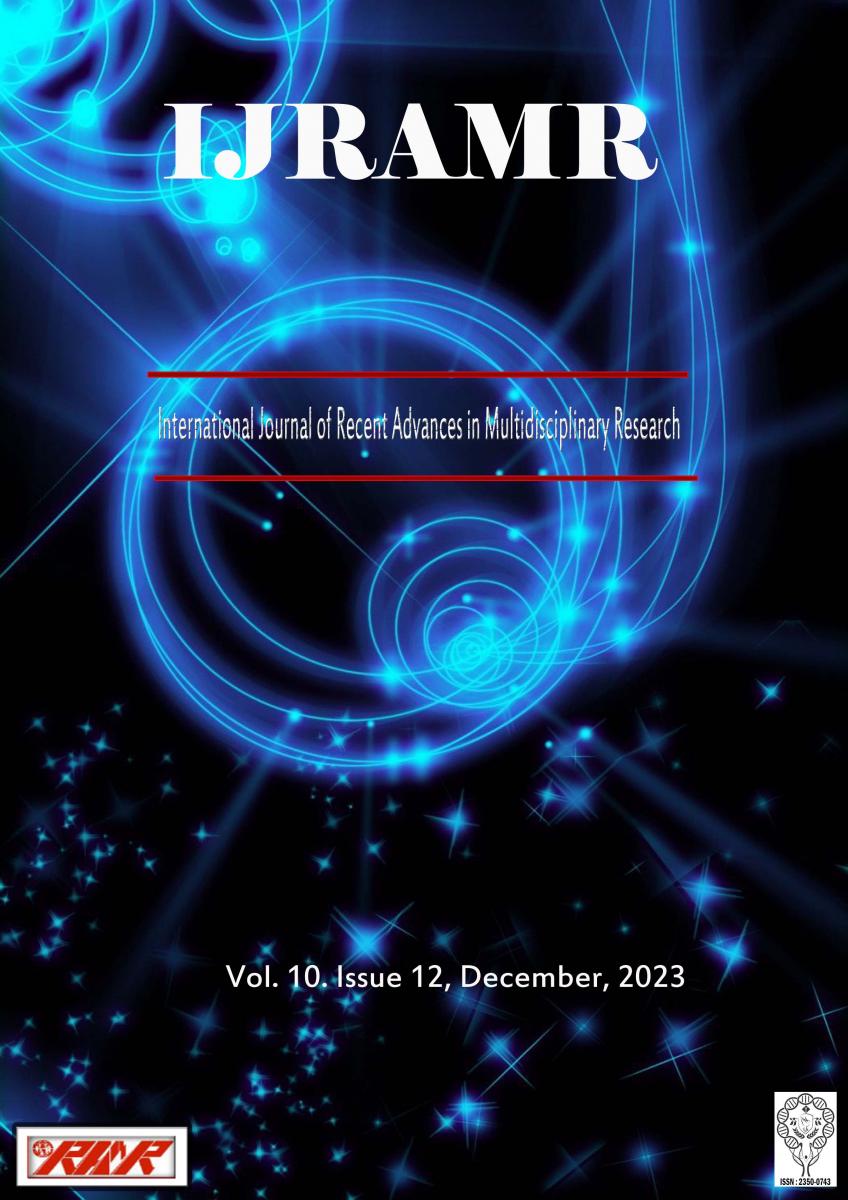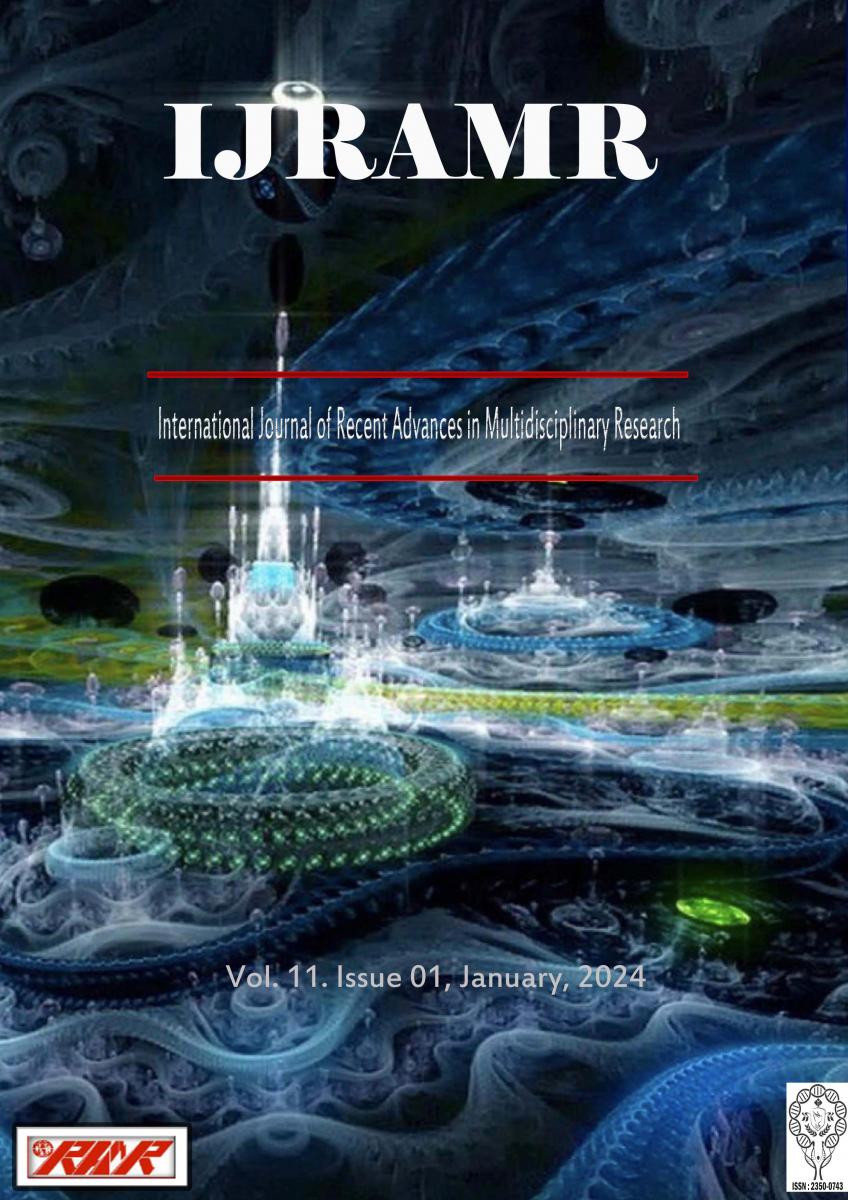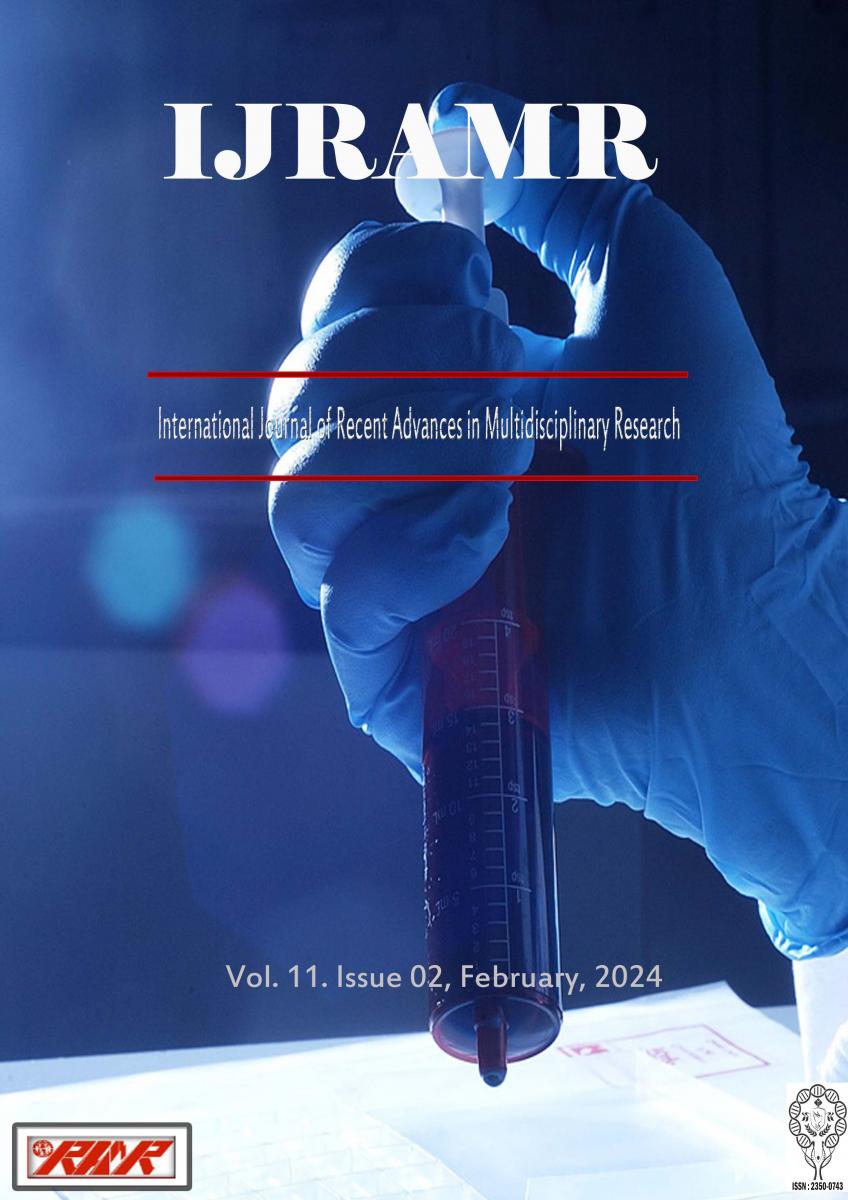Background: The quality of a clinical research can be improved, and it´s results can become of a greater value, by exploring the advantages of the randomized controlled trial. This method has become widely explored in research trials given the concept that it is the only valid method that can ensure the results when comparing treatments. In some areas of knowledge, the use of only randomized controlled trial methods can present obstacles. Such studies must be approached with other tools to avoid doubtful bias and outcomes. To review the real advantages of randomized controlled trials in assessing surgical trials, to discuss the methodology challenges and conduct of these surgical studies, as well as to propose and orient possible solutions and options for these studies. Discussion: In many instances, while planning a randomized controlled trial, ethical questions surrounding the trials are encountered. In most cases, the theoretic advantages of randomized controlled trials, when compared to other study designs, do not represent a visible superiority, in cases such as experimental studies that compare estimated side effects in certain treatments. In these cases, the randomized controlled trial superiority as a method should not be regarded in such an axiomatic form. Summary: In our study, we show all the tools available methodologies for research, trying to teach and educate new researchers and assist those in usual researchers conducting studies in the area of surgery. This can bring greater reliability to studies in surgery.
